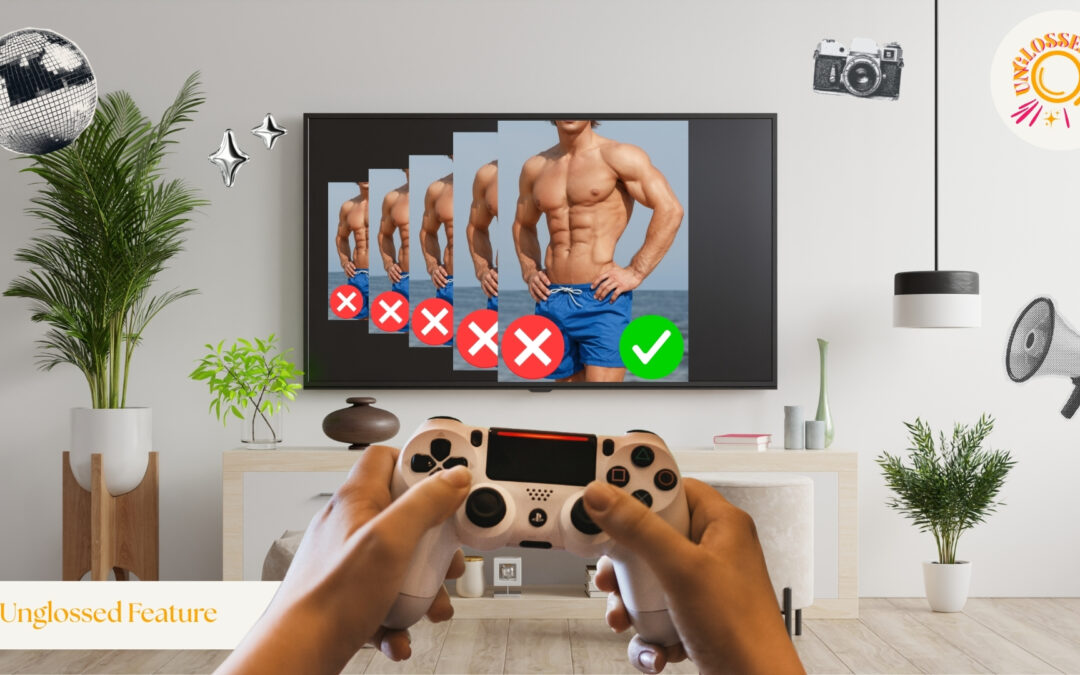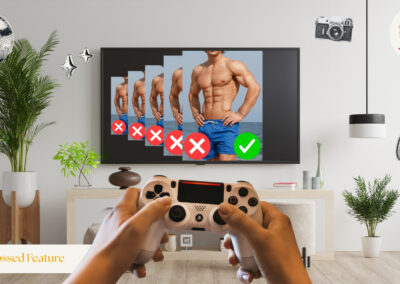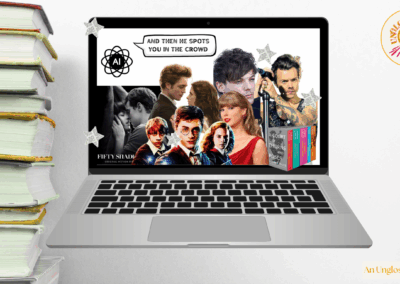You knew them before they blew up, before everyone was using their songs on TikTok, before it cost £60 to see them live. But now, everyone knows who they are, they’re headlining festivals and they’re on the cover of vogue. Now, instead of feeling happy other people are loving the artist you feel weirdly possessive.
A lot of the time gatekeeping an artist is seen as snobby or elitist, which yes it can be, but also it can be linked to our identity not our tastes. Maybe it’s more about protecting parts of yourself that you once felt were only understood by them.
Dr Lucy Bennett, is a media audiences lecturer at Cardiff University, specialising in popular music and fandom she sees both sides of the coin. “While it can be toxic or elitist when taken too far, sometimes gatekeeping comes from a place of wanting to protect something that feels meaningful or personal. It does also sometimes involve issues of ownership, and possession towards music or an artist, which can be exclusionary.”
For me, I first felt the need to be possessive of my favourite artist a couple of years ago when Sam Fender started getting mainstream. I’d loved him for years, first discovering him at secondary school and seeing him for £25, his music was the soundtrack to my life. Then when I heard him on the radio I was excited but also started to feel a bit weird when he was suddenly everywhere. I pretended not to feel like that because I felt it was a exclusionary and slightly embarrassing reaction. Dr Bennett says, “It’s because music is often tied to emotions and memories. If an artist’s lyrics or sound helps someone through a tough time or reflects how they see the world, it feels like that artist “gets” them in a way others might not. It becomes more than just entertainment and can be deeply personal.”
And it’s not just liking someone’s music that makes you a fan, most of the time the bond is deeper than that so maybe it’s no wonder that a lot of us feel the need to protect our favourite artists but still feel slightly ashamed to have those feelings. Dr Bennett adds, “At the core of music fandom there is an emotional tie between the fan and the artist. This is what transforms someone from an interested or casual listener into something deeply felt. When this emotional tie takes hold, when the feels get you, often there is no looking back.”
Dr Bennett also thinks the bond is likely to be stronger for musicians and their fans than any other celebrity because of the way they open themselves up. “The connections between fan and artist can be particularly potent within music, as musicians and their songs can reflect our values or experiences or conjure a sense of who we are but also who we want to be, and this then can foster a feeling of closeness with the artist, as well as looking up to them. Some musicians appear to us as role models, especially if they have been through difficulty themselves, or as inspiration-perhaps they give us this tantalising glimpse of who we want to be. If we feel that the musician is coming from a place of sincerity and authenticity, that their music is from their heart, this can also enhance the feelings of connection.”
So why is it we feel a loss when an artist becomes mainstream? Dr Bennett says, “When something becomes mainstream, it can feel like it loses some of its uniqueness. People might worry that the music will change to appeal to a bigger audience, or that their connection won’t feel as special anymore.”
Ultimately, music is something that has been deeply related to for centuries. When we hear the lyrics we can relate to we see ourselves in the songs and therefore also within the artists. Dr Bennett adds “Music is deeply personal, and people relate to it in different ways. I think it’s okay to feel protective, but it’s also good to remember that more people discovering good music isn’t necessarily a bad thing. It means more people are connecting, which is kind of what music is all about.”
Next time your favourite smaller artist blows up, if you do feel a sense of protectiveness or sadness that they’re well known, it’s important to remember that it is normal to feel this way. You love the artist and feel such a connection to their songs that it is odd to see so many others feel the same way when it seems like such a personal thing.
More on Dr Lucy Bennett can be found here.











